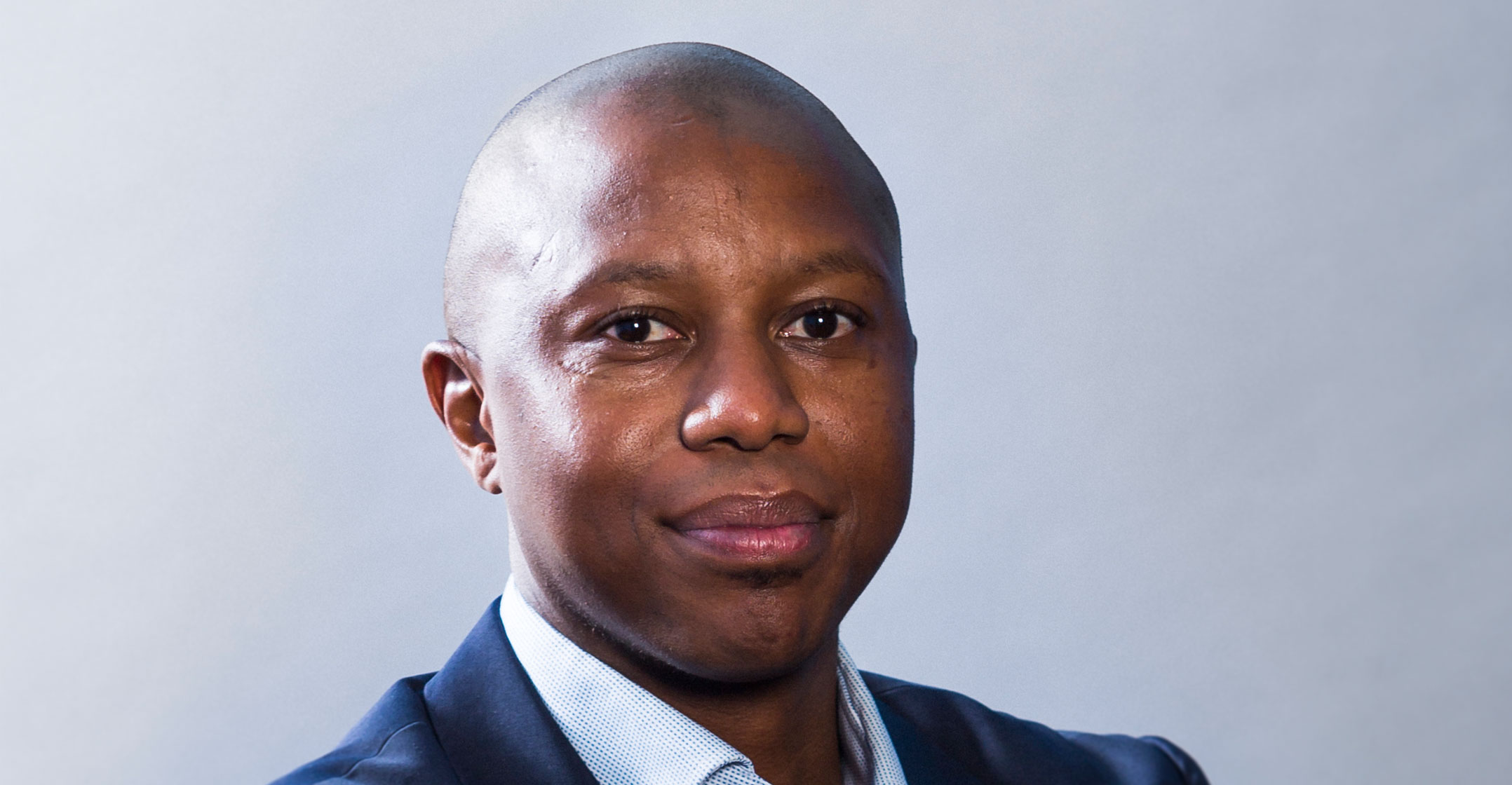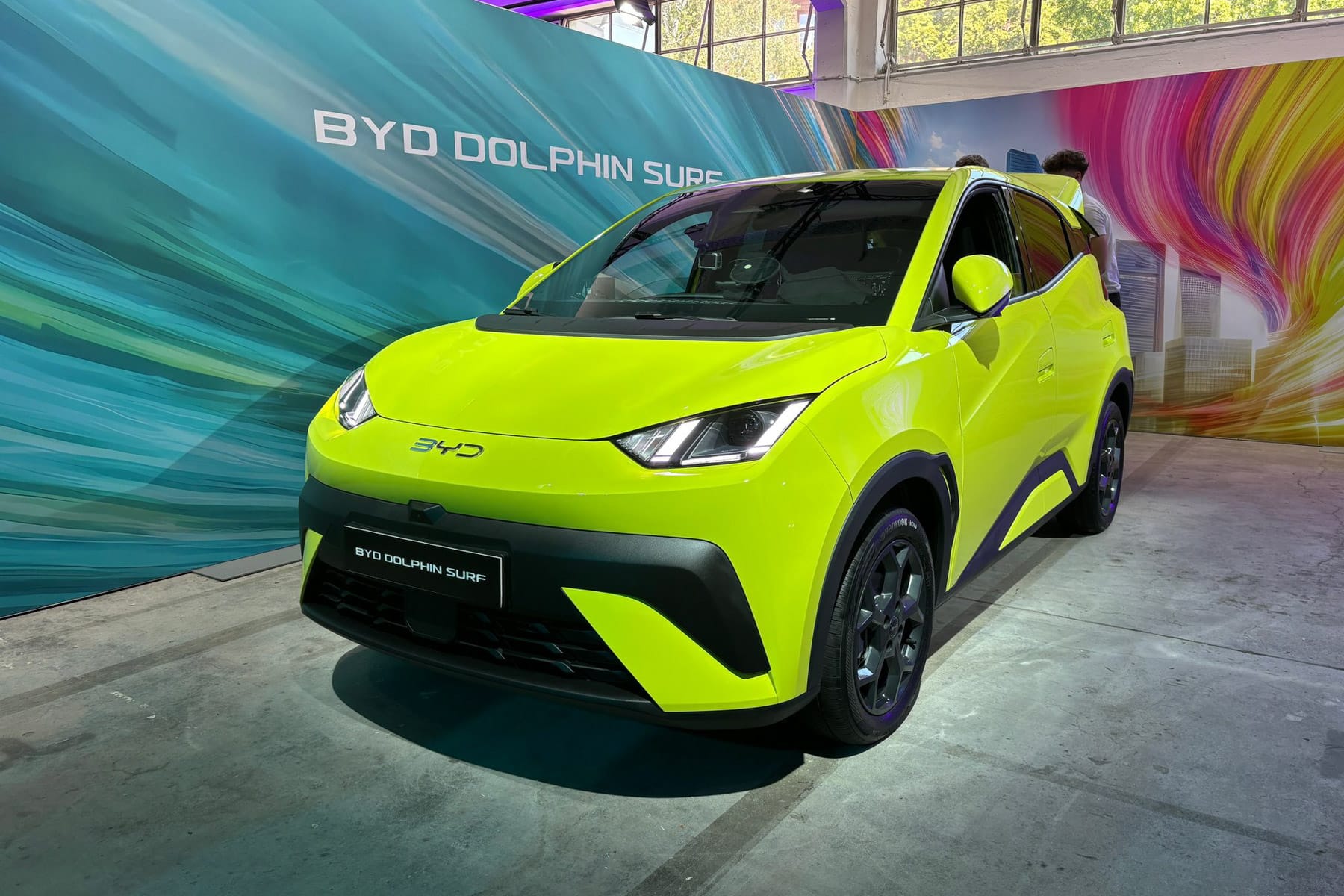

Wazzup. 
If I’m being honest, everything I know about stock exchanges comes from The Wolf of Wall Street, which is probably not a good reference point. Despite my limited knowledge of stock exchanges, I do know that companies leaving are bad, and longer hours spent operating are good. Right?
If you know more than I do (or want to!), then you would definitely be interested in what we have for you about the Johannesburg Stock Exchange and the Nigerian Stock Exchange.
Happy almost weekend, hang in there.
—Zia

Startups
Metrofile exits the JSE in $80 million buyout deal

Metrofile, South Africa’s information and records management company, is delisting from the Johannesburg Stock Exchange (JSE). On September 16, it signed a deal to sell itself for R3.25 ($0.19) per share to Mango Holding Corp, a Delaware-based vehicle backed by US-linked investors.
Who’s buying? Mango Holding is backed by Silicon Valley investment firm, WndrCo, and a group of high-net-worth investors.
Why sell? Metrofile says the deal will fast-track a digital transformation it began in 2016, with the new owners bringing both capital and expertise to expand its digital services across Africa and the Middle East.
However, Metrofile’s financial statement for 2024 shows that the revenue from its South African division reduced by 3%, and its operating profit was down by 18% due to lower product sales and lower revenue from digital services.
The JSE is shrinking. Listed companies have fallen from about 850 in the 1990s to just 300 today, and the exits keep coming. African Rainbow Capital Investments, MiX Telematics, Cognition Holdings, and TeleMasters all left recently, with MultiChoice set to follow after its acquisition by French media giant Canal+.
What does this mean? Each exit chips away at JSE’s depth and liquidity. It narrows down investor choice and raises questions about the JSE’s status as a platform for growth. With limited options, big investors may look elsewhere—a trend that could weaken the exchange’s ability to attract ambitious companies over time.
eCommerce Without Borders: Get Paid Faster Worldwide

Whether you sell in Lagos or Nairobi, customers want local ways to pay. Let shoppers check out in their local currency, using cards, bank transfers, or mobile money. Set up seamless payments for your global online store with Fincra today.
Startups
Katlego Maphai, founding executive of South African fintech Yoco, steps down

Katlego Maphai, CEO of Yoco, has stepped down after more than a decade leading one of South Africa’s most influential fintechs. Maphai helped launch the startup in 2013 and built it into a payments powerhouse, serving hundreds of thousands of small businesses and processing billions of rand annually.
Yoco’s breakthrough was making digital payments accessible to merchants who had been excluded from the financial system, using affordable card machines and simple onboarding to break the cash-only barrier.
Yoco’s growth: The company has since expanded beyond point-of-sale devices into online payments, financial services, and a broader platform designed to help small and medium-sized enterprises operate in the digital economy. Its strong brand, deep ties to merchants, and reputation for simplicity have created a formidable moat against rivals such as iKhokha and international players eyeing South Africa’s SME market.
Between the lines: In 2021, Yoco raised $83 million in one of the country’s largest fintech funding rounds, giving it the firepower to push its product suite and begin expanding into other African markets. Co-founders Lungisa Matshoba and Bradley Wattrus will now run the company as co-CEOs, with Matshoba driving product growth and Wattrus focusing on scale and governance.
Yoco’s next challenge is scaling beyond South Africa while maintaining the merchant-first approach that built its success. If Yoco can replicate its model across the continent, it has the chance to become one of Africa’s defining fintech players.
Shop anywhere with Paga’s physical prepaid card

Own every checkout with Paga’s Physical Prepaid Card. Suitable for all your security and speed needs. Just fund, shop, and pay anywhere with confidence. Get yours today.
Mobility
China’s BYD brings affordable EV to South Africa

Chinese carmaker BYD has shaken up South Africa’s auto market with the launch of the Dolphin Surf, a compact electric vehicle priced from R339,900 ($19,570). That makes it the country’s cheapest EV, undercutting rivals such as the Dayun S5 by R60,000 ($3,500) and pushing electric mobility closer to the mass market.
The Dolphin Surf comes in two trims: the “Comfort,” with a 30kWh battery delivering a 232km range, and the “Dynamic,” with a 38.8kWh battery stretching to 295km.
Both models use BYD’s Blade Battery and e-Platform 3.0 technology, designed for greater safety and efficiency. While performance remains modest—the top speed is 130km/h, and 0–100km/h takes more than 14 seconds—the cars are built for urban practicality, not highway thrills.
A standout feature is Vehicle-to-Load technology, which lets the car double as a mobile power bank. In a load-shedding-prone country, that could prove a killer feature. The “Comfort” can power the average household for around 30 hours, while the Dynamic stretches that to nearly 39. Each vehicle comes standard with a 7kW home wall charger.
Between the lines: BYD has paired affordability with a tech-heavy cabin, including a 10.1-inch touchscreen with Apple CarPlay and Android Auto, wireless charging, and even a karaoke mode. With warranties of up to eight years on the battery, the Dolphin Surf is positioned to win over sceptical buyers.
Zoom out: The Dolphin Surf’s aggressive pricing could make it the car that finally takes EVs mainstream in South Africa. At its near-$20,000 price, does it mean every South African can afford it? That’s left for the market to decide. But we see this easily triggering a pricing war between deep-pocketed Chinese EV makers in the country, looking to establish market dominance.
Accept Payments with Apple Pay on Paystack!

Anyone can get paid globally. With Paystack and Apple Pay, let customers pay you instantly and securely from 60+ countries. Get started here →
Capital Markets
Nigeria’s stock exchange wants longer trading hours

The Nigerian Exchange Limited (NGX) is weighing a big change. It wants to stretch trading hours from the current 9:30 am – 2:30 pm time slot to a full day window of 9:00 am – 5:00 pm West African Time (WAT). The idea has been quietly circulating for years. It’s gathering momentum now.
Not the first time: The stock exchange had previously closed each day at 12:30 pm. In December 2010, the trading hours were widened to 9:30 am – 2:30 pm WAT. They did this to attract more foreign investors and boost liquidity. A few months later, the Interim Administrator intended to increase the trading hours to 4:30 pm WAT, but we never saw that implemented. Fifteen years later, the trading hours want to be stretched again.
Why now? One word: liquidity. By keeping the market open longer, NGX hopes to increase daily turnover and attract foreign flows. This will align Nigeria with global standards. For traders, this might mean more room to make large orders and reduce the rush at market close.
Trading hours run longer. NGX’s decision is not exactly foreign. London Stock Exchange, Euronext in Amsterdam, and Deutsche Börse in Germany operate for eight and a half hours, from 9:00 am to 5:30 pm CEST. In Asia, Tokyo runs 5 hours of trading, while Hong Kong runs over 5 hours.
In Africa, Kenya’s trading activities start at 9.00 am and continue until 3.00 pm. While in South Africa, the Johannesburg Stock Exchange (JSE) is considering introducing 24-hour trading to align with global market trends.
Stretching trading time signals that Nigeria is ready to play on the same field as global peers. Will these longer hours really bring liquidity? We’ll see.
 THERE SHOULD BE AN APP FOR THAT!
THERE SHOULD BE AN APP FOR THAT!
If you commute daily on Lagos’ public transport, you’ve probably shared the pain of missing the BRT bus or having to stand all the way because there are no seats, squeezing into that lonely seat in a danfo with no backrest, or getting stuck on that Sienna’s back row with no windows (UNILAG students know the struggle).
Now imagine an app that lets you reserve a seat in real time before you even get to the park. It tracks your location to match you with the right bus and saves you from the wait and discomfort. Whoever builds that will be putting my comfort in my hands.
I’m Yemi, and there should be an app for that!
CRYPTO TRACKER
The World Wide Web3
Source:

|
Coin Name |
Current Value |
Day |
Month |
|---|---|---|---|
| $117,695 |
+ 1.03% |
+ 2.49% |
|
| $4,619 |
+ 2.60% |
+ 7.94% |
|
| $0.008659 |
+ 5.78% |
+ 191.70% |
|
| $246.63 |
+ 5.14% |
+ 38.47% |






Write your views on this post and share it. ConversionConversion EmoticonEmoticon